
Kampala Blasts: Security Agencies Obtain 'Very Critical Cyber Leads'
Police, working with other security agencies, obtained consequential information that will aid in investigating the blasts that claimed three lives and left 37 injured on Tuesday.
"Our Joint CT [counter terrorism] task teams have completed documenting evidence from the inner perimeters at the two blast sites, evidence from the motorcycles used, and body samples for DNA. They also obtained very critical cyber leads and other digital evidence," Fred Enanga, the police spokesman, said in a Wednesday statement.
"The task teams have finished sweeping all buildings surrounding the blast sites and other vital installations, for secondary devices, with the assistance of the canine teams. No secondary devices were found and the surrounding buildings have been cleared, for resumption of activities."
According to the police spokesman, all the roads that had been closed have been re-opened, apart from the stretch from Central Police Station (CPS) to Buganda Road Court.
In the statement, Enanga identified the victims of the blast and revealed that most of the injured had been discharged.
"We want to confirm that the 3 Ugandans who died from the bomb attacks have been identified as; PC Kungu Amos, a police officer attached to CPS, Basibe Ismail, who also died from the spot at CPS. The third victim has been identified as Christopher Sande, who died on the spot, from the bomb attack along Parliamentary Avenue. May their souls rest in eternal peace. We want to assure the families of the deceased that we shall ensure the perpetrators behind the terror acts are brought to book, in pursuit of justice for their loved ones," reads the statement.
"We have in addition, identified the relatives to the 37 injured persons out of whom 27 were police officers and 10 civilians. So far, 19 police officers and 05 civilians have been discharged. And only 13 victims remain admitted but progressing well. Arrangements are being made to support the victims and the families of the deceased persons."
President Yoweri Museveni on Tuesday night reiterated the government's commitment to decimate all terrorist cells and root out criminals that are trying to destabilize the country's security, citing "improved anti-crime infrastructure".
"The terrorists invited us and we are coming for them," President Museveni said.
Museveni recently told a USA delegation with regional interests that Uganda can work with the Democratic Republic of Congo to defeat the ADF terrorists.
While briefing his guests about the security situation in the region, he said that the peace and security witnessed in Uganda was due to good ideology.
“The work that you see in Uganda is due to a correct ideology. We are patriotic because we believe in interests rather than identity. The problem in Somalia for example is both tribal and clan-based while the leadership in D.R. Congo has had an ideological vacuum,” he said.
The president also told the Special Envoy of the United Nations Secretary-General for the Great Lakes Region Huang Xia he was talking to President Felix Tshisekedi on the security situation in Eastern Congo and the discussions are progressing well,
He said that the terrorists will not come out without pressure.
“The main problem in this area is insecurity for some time now coming out of Eastern Congo. The only new thing is that President Tshisekedi is listening to our advice on what can be done. We are discussing with him since he came into power,” he said.
“We shall continue discussing until we can get a solution. We are moving well. This is not a difficult problem; these terrorists are a shallow force socially. They have been here given free territory for almost 20 years. It is also not fair under the United Nations and the African Union to conserve a problem for others. We can’t build a wall along the land border with Congo. We are discussing with Tshisekedi and once we conclude we will let you know. Economic development has to come in, terrorists will not come out without pressure.”
President Museveni said he was glad to hear that the United Nations Security Council was favorable to the events taking place in the Great Lakes Region particularly infrastructure development between Uganda and the DR. Congo that will promote economic development.
“I am glad to hear that the UNSC is supportive but crucial actors are the regional countries and the DR. Congo. If they act, there will be a solution. If not, the problem will be preserved until people in Eastern Congo raise up. The DR Congo should work with the local people because the local people don’t want insecurity,” he said.
Xia agreed with the President and said the problem is insecurity in Eastern Congo and pointed out that the instability in DR Congo is caused by forces with no credibility at all and called on Uganda and DR. Congo to widen the discussion.
“We are ready as the UN and its agencies in the region to work with you for best results. The institutions of the UN and agencies will work with all countries in the region for the best solution. We have to have a holistic approach to the problem in the region, he said.
Huang said the UN is due to set up an operational cell in Goma to investigate other aspects not military but economic development in the region.
“The future of the region depends on the security situation. We have peace and security on one hand and economic development on the other. Uganda is doing a lot to develop infrastructure along the border with DR. Congo which is encouraging. This infrastructure is very ambitious and good for the two countries and the region. It is within this that we can work together for social-economic development,” he said.
Links
- 183 views

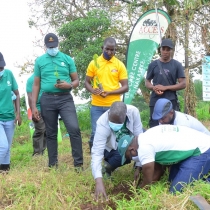

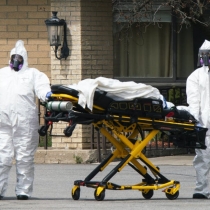


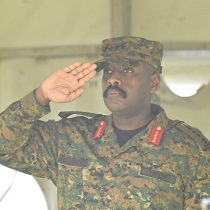
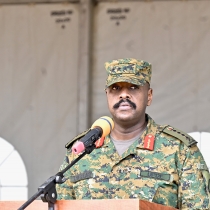
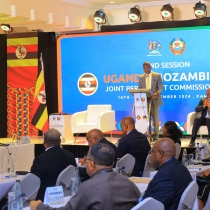
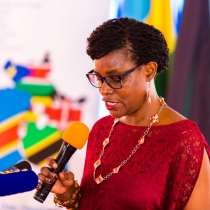
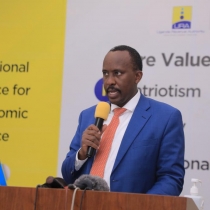
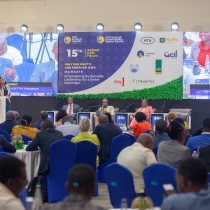
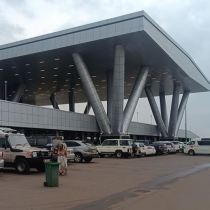
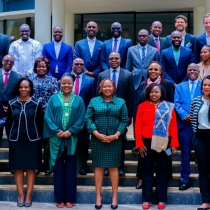
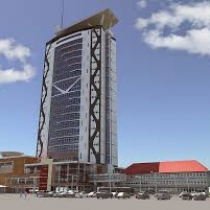

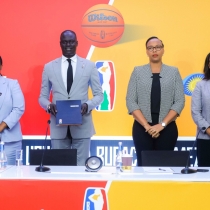




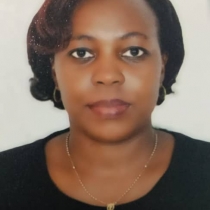

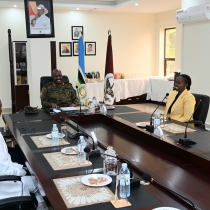
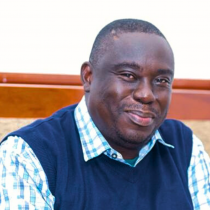





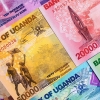
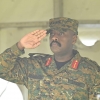
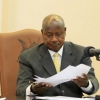
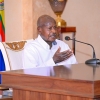





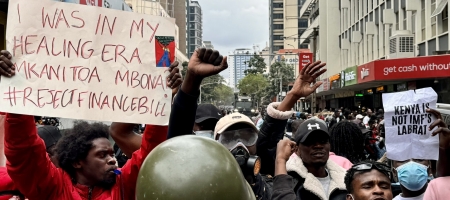




Join the conversation